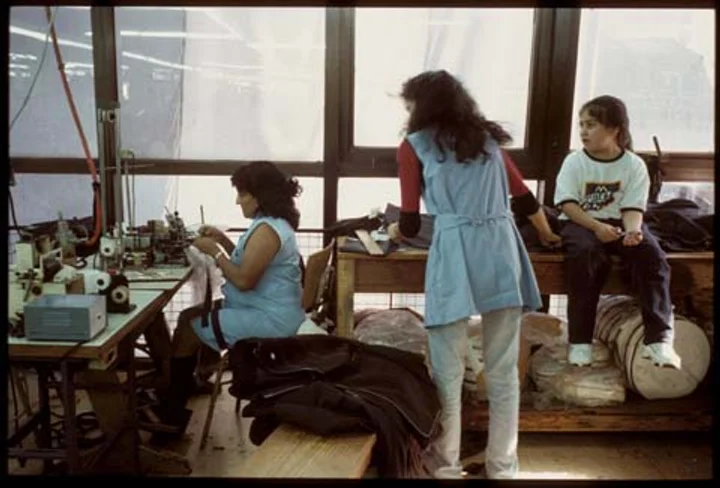A public data journalism workshop.
Dispatches, field notes, and experiments from David Eads and Tory Lysik.
Latest posts
 Introducing Recovered Factory
Introducing Recovered FactoryBy David Eads · Jan 19, 2025
Journalists used to unlock data for the public good. In an era of collapse, can that work live outside traditional institutions?
